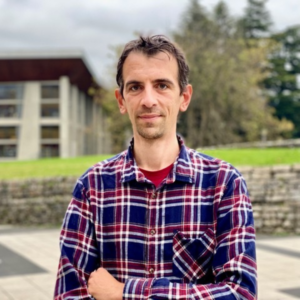Western civilisation has been engaged for 10,000 years in a technical process, today blocked by a naturalist ontology (this vision of the world which makes “nature” the great supermarket of humanity) which drags in its wake the exponential dynamics of consumerism, extractivism and colonialism. The immediate consequence is the destruction of ecosystems (6th mass extinction, 30x faster than the Cretaceous extinction and accelerating) and the disruption of planetary geophysical dynamics (warming, mineral depletions). Will it or not (peak oil, resource shortages, environmental and food shocks), Western society as we know it will collapse, presumably within our generation. Digital technologies, the culmination of which is artificial intelligence (AI), contribute both to socio-environmental destruction but above all to the massive loss of resilience tools (interpenetration of all technical fields, dependence to oil, dependence on machines, dependence on automatic decisions) with a view to the post-industrial transition (return to land and crafts), as the case of Cuba in 1990 perfectly illustrates.
In this presentation, first I will make an inventory of the situation of digital and AI, seen by Alexandre Monnin as “zombie” technologies (alive today but in fact already dead), and I will question the tracks of their necessary dismantling, which is, from my point of view, the priority axis of digital research today. I will then discuss the anthropological question of Western naturalist ontology, absolutely unique in the history of humanity, and in conflict with modern ethnographic, social and cognitive psychology knowledge: in two words, we do not need a new story for the world, but we need to reweave the animist links with the living that are an integral part of our DNA, today masked by our culture and our self-destructive taboos. This eco-psychological work is, in my opinion, the keystone of the commitment of all researcher-engineers towards the necessary, enthusiastic, collective and interspecific transition that we must carry out.


